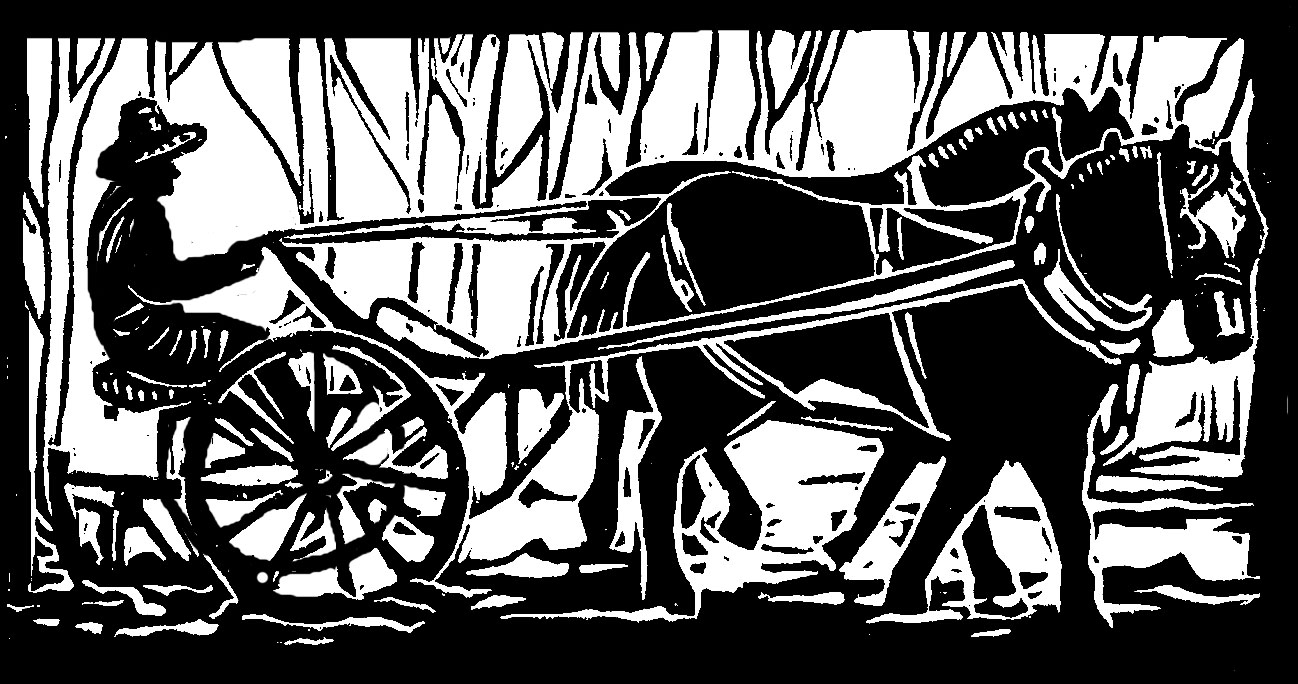It's potato season here on our New Hampshire vegetable farm. Most everybody loves potatoes, and our CSA members are no exception. They head for the potato crate with glee. Members study the contents of the crate, finding the perfect potato size for the menu that week – big bakers, medium or small size boilers.
“Look at this,” a member might laugh, holding up a potato the size of a marble between two fingers. “You don't waste anything!”
We farmers laugh too. Heck, no, we don't want to waste a thing, especially the produce that we've labored over these many months. And if no CSA member is energized by the idea of picking out, weighing, and cooking up their weekly fall potato share in the form of marble size potatoes, why, the marbles will find their way into the farm kitchen, and the farmers will cook them up. Potatoes are so darned good, why waste one?
Of course, the same holds true for the many other vegetables we grow. We can't bear to waste any, whether they are perfect specimens or a little troubled. There's always a few tomatoes with small troubles or the odd squash that's grown too large, so we pile them up in our Surplus and Sharing Tray.
The tray is primarily for CSA members to trade vegetables and customize their shares. But we also put our troubled vegetables there, and any member with time or inclination is welcome to scoop up some and take 'em home, along with the regular share of trouble-free vegetables. And if any vegetables are left at the end of the CSA pick-up? There's always the farm kitchen, and hungry farmers to feed.
Recently, the hungry farmers took a break from the farm and the farm kitchen to visit another farm, one of the largest retail and wholesale fruit and vegetable growers in New Hampshire. While not a huge farm by national standards, the place was giant compared to our little acreage. As we drove around (drove, not walked!) the fields, we were taken aback, for example, by the “finished” squash and cucumber section. To our tiny-farm eyes, there were mountains of vegetables still left in the beds, sadly overripe by then. We asked the farmer, and he told us that at some point, when a crop has passed its peak, it's no longer efficient to send in the labor to harvest the rest.
Huh. We mulled that over. It makes sense on one level, but all that wasted food! It was painful to see. We came away from our visit and the extensive acres, irrigation, buildings, machinery, and many employees, feeling very clear indeed that our tiny farm was just what we wanted.
We like our little walkable fields. We like our four draft horses. We like the fellow farmers on our Mom and Pop farm. We like our CSA members, and knowing their names and where they live and if their grandchildren are visiting or their toddler just sampled her first winter squash, grown on our farm. And we love not wasting food, and harvesting every possible edible vegetable from a crop.
This year, though the summer drought gave us beautiful and abundant broccoli and beet greens, it also meant we couldn't germinate the fall turnips, carrots, and rutabagas, despite valiant attempts at irrigation. We are also theorizing that the drought, followed at last by rain, caused many of our fall cabbages to split. What does a non-wasting, use everything, eat everything tiny-farm farmer do with twenty or thirty split cabbages?
Well, we dithered. We like to give out the loveliest of vegetables to our CSA members. But we might not have enough heads of cabbage for everyone without the split heads. And even an ambitious farm kitchen can't absorb that much cabbage, despite how well cabbage pairs with marble size potatoes. Plus the cabbage is perfectly delicious, even though it won't store well.
In the end we decided to give out the split cabbage heads to our fine, flexible, good-natured CSA members. We couldn't stand the thought all of that fresh, local, sustainably raised food going to waste. Our members took up the split cabbage challenge willingly, entering fully into the spirit of non-wasteful farming. No waste here: just good food, gobbled up. Now that leaves a good taste in a vegetable farmer's mouth.
Originally published in the Monadnock Shopper News, Oct 26 - Nov 1, 2016
